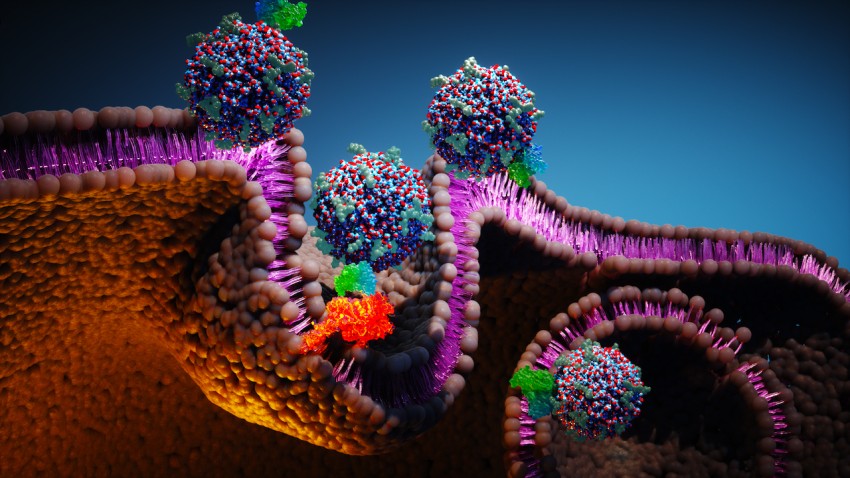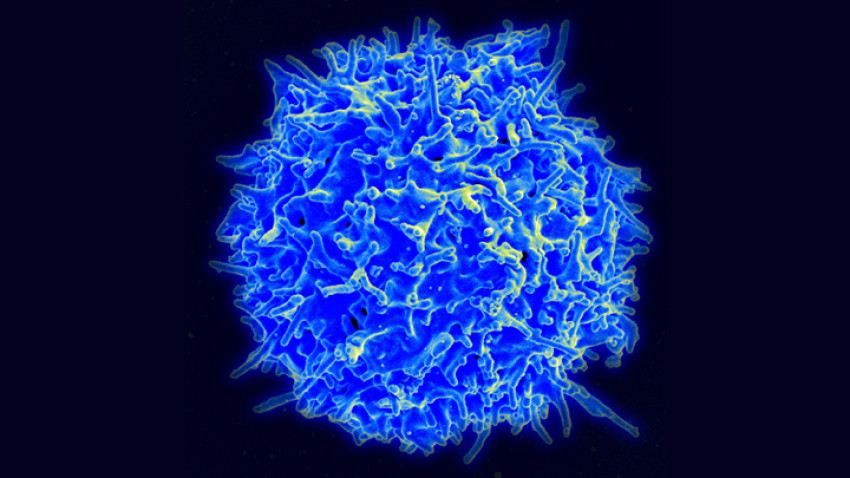News
The approach shows early promise over current commercial methods for identifying more patients likely to benefit from PARP inhibitor cancer treatments.
Though pelvic floor disorders happen when the muscles and tissues that support the bladder, bowel and uterus weaken or don’t work properly, and affect one-third of all women, they are not a normal part of aging.
Gut microbes may play a key role in training a mother’s immune system to adapt to the developing fetus during pregnancy, according to a preclinical study by Weill Cornell Medicine investigators.
A class of ultrasmall fluorescent core-shell silica nanoparticles developed at Cornell is showing an unexpected ability to rally the immune system against melanoma and dramatically improve the effectiveness of cancer immunotherapy.
Seen Nutrition won $500,000 at the state-funded Grow-NY Food and Agriculture Startup Competition.
The findings could redirect lupus research and open the door to more precise therapies that avoid broad immune suppression.
Chemotherapy activates a stress sensor in immune cells, which may help explain why many cancer patients experience debilitating pain as a side effect, according to Weill Cornell Medicine and Wake Forest University researchers.
A new study shows that tumors not only evade the immune system but can actively reprogram immune cells to stop fighting.
Weill Cornell Medicine scientists have uncovered the first evidence that astrocyte receptors can trigger opposite effects on cognitive function in males and females. The findings point to astrocytes as contributors to sex-specific brain mechanisms.
Jennie Joseph, founder and president of Commonsense Childbirth, hosted a public lecture, met with students and faculty, spoke in classes and engaged with the Ithaca community. The visiting scholar initiative honors the legacy of Flemmie Pansy Kittrell, the first Black woman in the U.S. to earn a doctorate in nutrition and the first to receive a Ph.D. in any subject at Cornell.
Tracking heart and lung health without wires or electrodes could be a game-changer for home care, assisted living or for patients who resist traditional wearables.
Among preterm newborns, greater exposure to the mother’s voice after birth appeared to speed up the maturation of a key language-related brain circuit.












